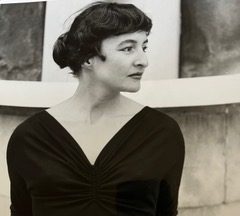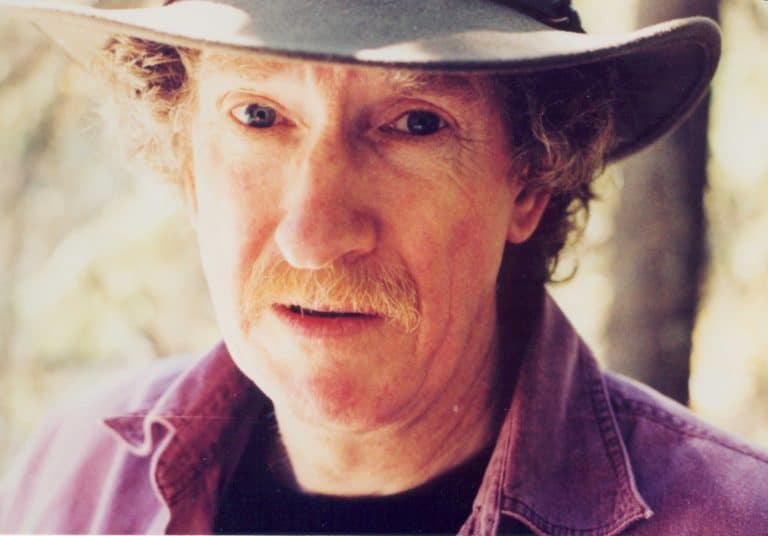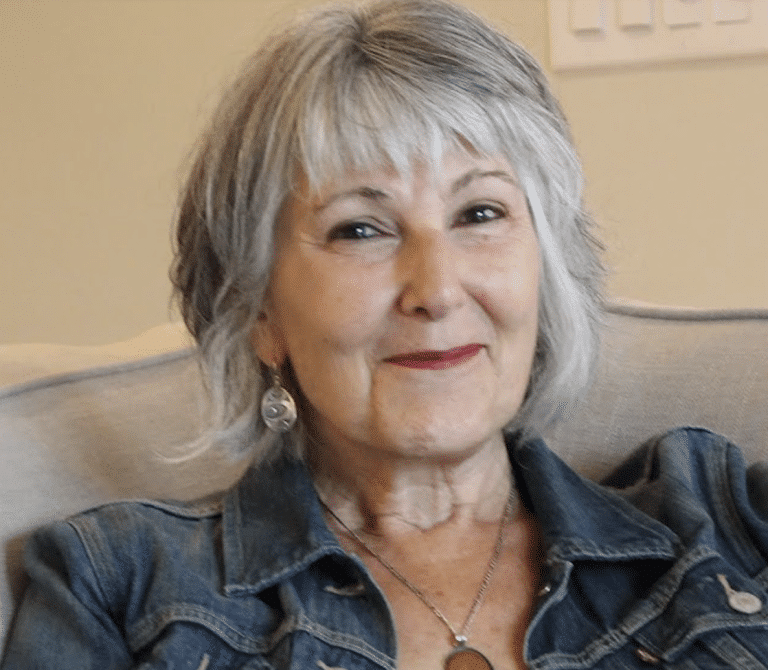Let’s continue celebrating the 2019 Griffin Poetry Prize winners by spending a few moments again with one of the softly surreal prose poems from Quarrels by Eve Joseph.
The Academy of American Poets offers some useful insights into what constitutes a prose poem, including this:
“While it lacks the line breaks associated…
Let’s continue celebrating the 2019 Griffin Poetry Prize winners by spending a few moments again with one of the softly surreal prose poems from Quarrels by Eve Joseph.
The Academy of American Poets offers some useful insights into what constitutes a prose poem, including this:
“While it lacks the line breaks associated with poetry, the prose poem maintains a poetic quality, often utilizing techniques common to poetry, such as fragmentation, compression, repetition, and rhyme. The prose poem can range in length from a few lines to several pages long, and it may explore a limitless array of styles and subjects.”
Couple that with the 2019 Griffin Poetry judges’ observation that in Quarrels …
“The poet has surrendered herself to the realm of the illogical, trusting that it has a logic of its own, and the outcome is, indeed, a new music.”
… and we see how Joseph has found some ideal techniques to navigate that misty but intriguing realm.
In her succinct renditions of the form, Joseph seems to have found the perfect format with which to tussle with the illogical, give it its own internal logic and deliver it in a way that is bewitching in its brevity. As mentioned in the preceding definition, fragmentation can help create this charm, like a snatch of music (Tom Waits will certainly do) or a snippet of a dream that seems to meld with the ostensible real world when one dozes off momentarily. Or was it momentary, if …
“The trees were bare when I fell asleep but now their leaves are that impossible newly minted green.”
The question opening the poem literally has its own childlike logic. We hope the mother responded to the child’s logic in the spirit of that logic, although we don’t know anything else about the mother and child, including if they were in the poem’s narrator’s waking or sleeping world. At any rate, the question is consistent with what seems to be the recalcitrant nature of the clouds – they only told their names to the Serbian poet, no one else. The poet too is not being too cooperative with information – did he purposely not reveal the names or were they lost in translation? To circle back to the beginning, maybe the old people are up there in the clouds, but they do just want to stay hidden.
It’s all very logical, isn’t it?




